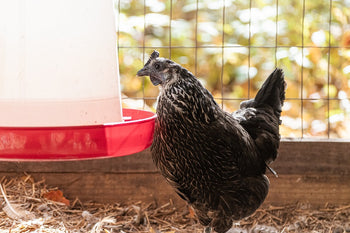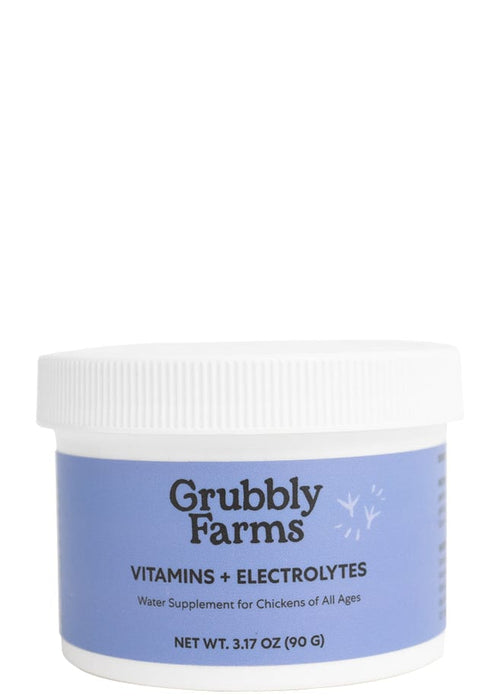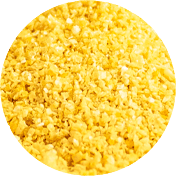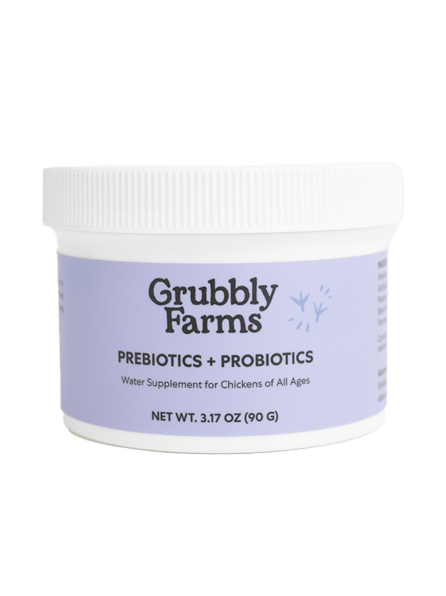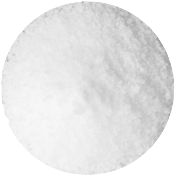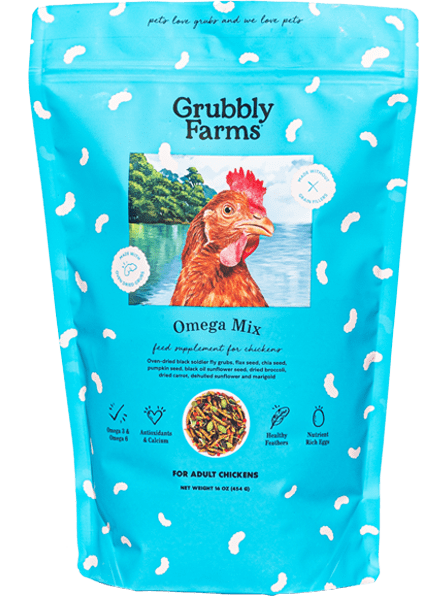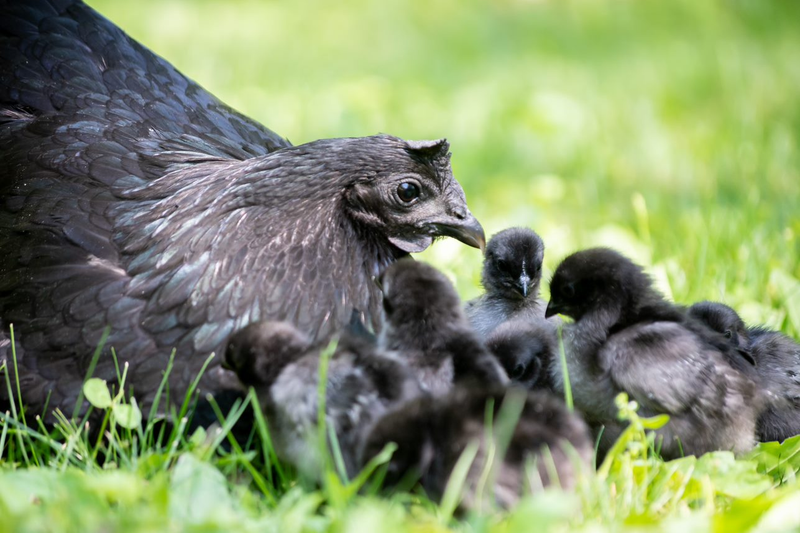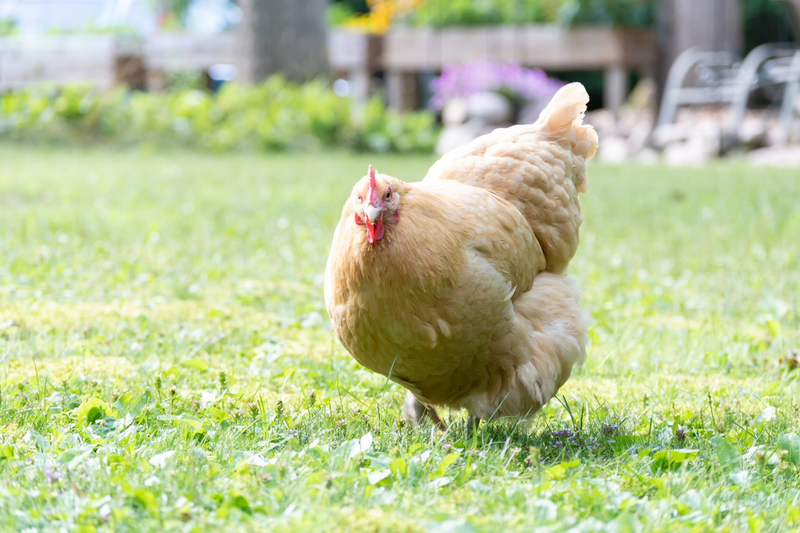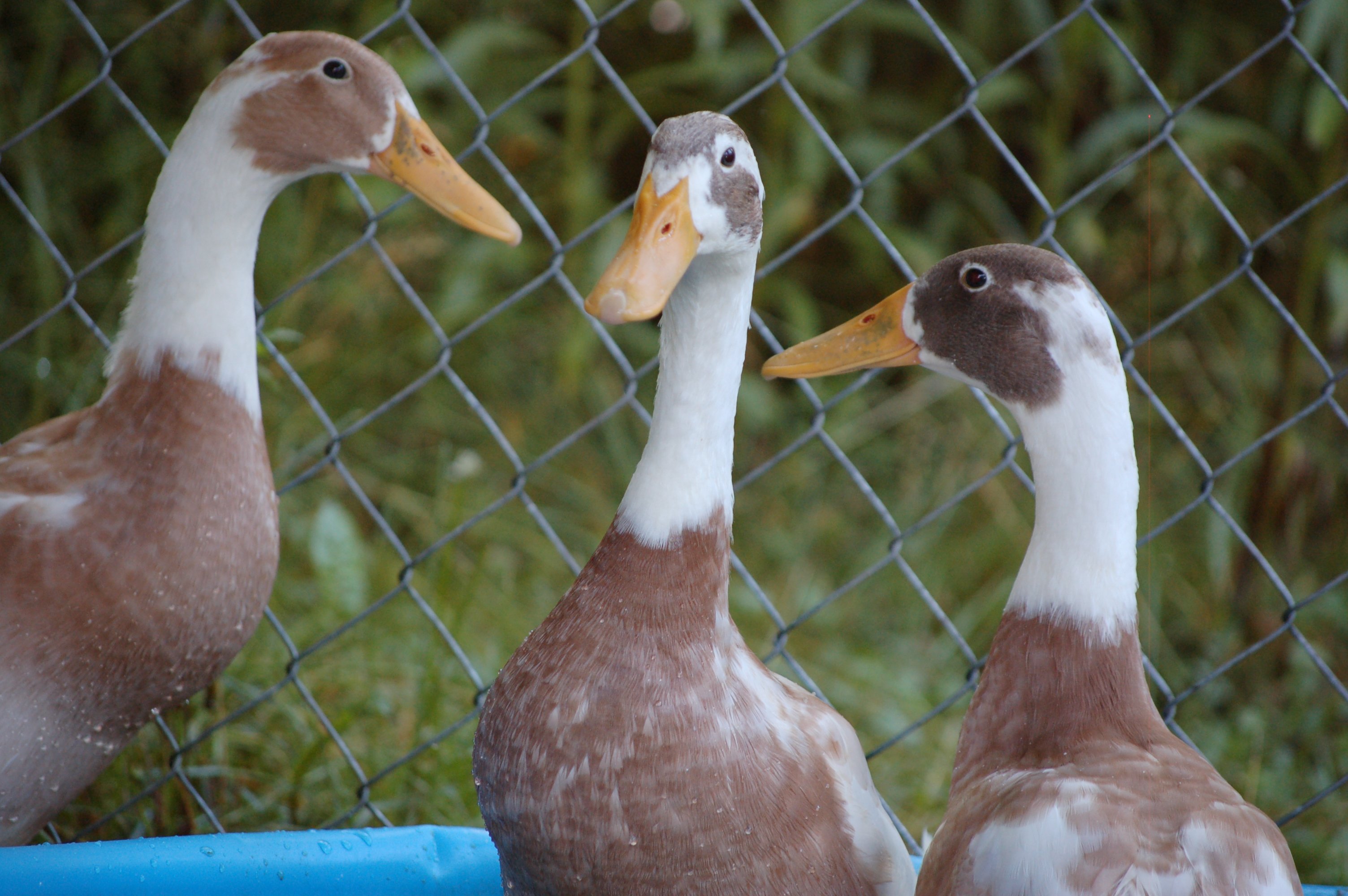Electrolytes are a natural part of a chicken’s body. Supplemental electrolytes can be helpful when a chicken’s natural electrolyte balance is altered. Electrolytes help a chicken stay hydrated and healthy. They are especially helpful for rural, urban, or suburban flocks when illness or extreme weather causes stress or dehydration. Let's take a look at the importance of electrolytes in a chicken’s diet, the best time to use electrolytes for your backyard flock, and what to look for when purchasing an electrolyte supplement.
When Do Chickens Need Electrolytes?
Chickens can benefit from supplemental electrolytes whenever the natural electrolyte balance in their body is upset. This can occur when there is a depletion of salts and minerals from the body’s fluids. The main causes of electrolyte imbalances include dehydration and a decrease in feed intake, which causes a deficiency of salts and minerals supplied by the diet.
Here are some factors that can cause dehydration or a decreased feed intake for chickens:
- Diarrhea - caused by internal parasites, excessive drinking, dairy products, or disease
- Heat Stress - panting, pH imbalance
- Illness - leads to decreased feed intake, stress
- Stress - leads decreased feed intake, suppressed immunity
Electrolytes are especially important during the hot summer months. Chickens don’t sweat like we do, instead they pant and use other resources for cooling down. Despite the fact that chickens don’t lose fluid through sweating, their electrolyte balance can still become disrupted during hot weather. Heat stress can lead to an increase in panting. Panting can lead to the body’s pH levels being disrupted, which in turn disrupts the natural electrolyte balance in a chicken’s body. Supplemental electrolytes can help restore a proper electrolyte and pH balance.

The Importance of Electrolytes for Chickens
Electrolytes have three key roles in keeping a chicken healthy:
- They help regulate body processes
- They help a chicken maintain proper hydration
- They preserve the body’s pH balance
Electrolytes help regulate body processes such as the cardiovascular system, nerve impulses, muscle movement, and even the gastrointestinal system (digestive system). When the electrolyte balance is off, it can prevent any or all of these systems from functioning properly. Likewise, if disease, injury, or stress causes one of the systems to stop working properly, the electrolyte balance can become disrupted.
Electrolytes are needed to help a chicken stay hydrated. Proper hydration ensures that the water a chicken drinks gets to the body’s cells. The cells in a chicken’s body must stay hydrated to function and help keep it healthy.
Lastly, electrolytes also help maintain a proper pH balance in a chicken’s body. The pH balance can either be acidic, neutral, or alkaline. Different parts of a chicken’s body need to be at certain pH levels in order to help with immunity and other body functions, like digestion. An imbalance in one causes an imbalance in the other. Likewise, restoring one also helps restore the other. Electrolytes are especially important for regulating the proper pH levels in a chicken’s blood. However, proper pH levels must also be maintained in a chicken’s crop and stomach.
What are Electrolytes?
Electrolytes are naturally present in a chicken’s body in small quantities. They are natural salts and other minerals that create an electrical balance within the body. When dissolved in water, the electrolyte salts and minerals split into electrically charged particles called ions. The ions transmit electrical impulses from a chicken’s nerves to its muscles.
Each ion has a positive or negative charge. The positive and negative charges must be equal in order for a chicken’s body to have the proper electrolyte balance. Maintaining the proper electrolyte balance is dependent on a chicken receiving proper nutrition and being properly hydrated.
Common Electrolytes in a Chicken’s Body
There are several common electrolytes found in a chicken’s body. Each electrolyte plays an important role in helping the body maintain a proper electrolytes balance and keep various body systems functioning properly. A proper balance of all these electrolytes is needed for a chicken to stay healthy.
- Calcium - Calcium aids with proper digestion, muscle contractions, and it regulates heart and nerve functions.
- Chloride - Chloride is important for maintaining proper fluid balance in the body and for balancing pH levels in the body.
- Magnesium - Magnesium helps support muscle and nerve function. It also aids with energy production and maintaining strong bones.
- Phosphorus - Phosphorus helps maintain, repair, and grow cells and tissues in the body. It also helps balance vitamins and minerals needed for proper nutrition.
- Potassium - Potassium supports proper muscle, heart, and nerve functioning. Like other electrolytes, it also regulates fluid in the body’s cells.
- Sodium - Sodium is an important part of the blood and other fluids in the body.

Choosing the Right Supplement
If supplementing your flock, it’s important the supplement is intended for poultry to ensure the proper level of electrolyte salts and minerals. Grubbly Farms Vitamins + Electrolytes is formulated specifically for chickens of all ages, from chicks to full-grown adult birds. It is sold as a water-soluble powder that can easily be mixed into your flock’s drinking water whenever it is needed. This is the recommended method since ill or dehydrated chickens often stop eating and go to their water first. This provides an opportunity to boost nutrition, encouraging steady recovery and a return to feed. Electrolyte supplements that are added to feed often don’t get consumed because it falls to the bottom or the chicken has a decreased appetite and simply isn’t interested in eating.
Understanding how electrolyte supplements are different and what’s important to you and your flock can make choosing the right one easier. As an all-natural brand, Grubbly Farms does not use any artificial colors, preservatives, flavors, or synthetic ingredients. Even the betaine source is a natural extract from sugar beets and is a natural pathway for water retention, as opposed to a synthetic source which is commonly used. Many of the well-known brands add colors, preservatives, and flavors or use synthetic ingredients.
It's also important to consider whether the supplement is supplying electrolyte minerals and salts, not just vitamins. Grubbly Farms Vitamins + Electrolytes supplement contains both electrolytes and vitamins for chicks and chickens without added colors, flavors, or preservatives.
Administering Supplements
We recommend supplementing once a week; however, depending on the nutrition and trace minerals of the provided feed, you may choose to supplement more or less frequently. Supplements are not a replacement for a healthy diet, and we always recommend prioritizing a healthy diet first built around daily nutritional requirements.
If you are only treating a single chicken with supplemental electrolytes, quarantine the chicken so that only the chicken in need of electrolytes is receiving them.
If you are concerned about your flock’s health and electrolyte balance, it’s always a good idea to consult a veterinarian or avian expert for advice.
Should Chicks Get Electrolytes?
Young chicks are more susceptible to stress and illness than adult chickens, both of which can create a need for supplemental electrolytes. These are some situations in which electrolytes for baby chicks would be beneficial:
- Stressful Situations - examples include when chicks are shipped through the mail, a crowded brooder, chilling, or overheating
- Illness - cocci is a prime example of a chick ailment that can cause an electrolyte imbalance
- Dehydration - chicks can get dehydrated if they don’t start drinking within 24-48 hours after hatching or if they have diarrhea from disease or digestive upset
If your chicks are not experiencing any of the above, then they do not need an electrolyte supplement.
How to Administer Electrolytes to Chicks
Giving chicks supplemental electrolytes is pretty much the same as giving electrolytes to your adult flock. Always choose electrolyte supplements that have been formulated for chicks or chickens.
Grubbly Farms Vitamins + Electrolytes is water soluble, as are most chick electrolyte supplements. Adding the supplement to your brood’s water ensures that each chick is getting some electrolytes whenever it drinks. Follow the directions on the electrolyte supplement when it comes to mixing the supplement with the proper amount of water. You can also add natural sources of electrolytes into your brood’s diet on a regular basis. Leafy greens, such as kale, spinach, or collard greens, are high in calcium and magnesium. Other vegetables and many fruits also contain electrolyte minerals that can be beneficial for chicks. If you are offering foods other than your brood’s chick starter feed, make sure you supply chick grit with the snacks too!
Conclusion
Electrolytes are a natural part of a chicken’s body. The electrolytes in a chicken’s body must remain balanced in order for the chicken to stay healthy. Factors such as stress and illness can cause a chicken to decrease its feed intake, which can alter the electrolyte balance. Dehydration due to illness, diarrhea, or heat stress can also lead to an electrolyte imbalance. Using supplemental electrolytes during those times of need in your flock can help them recover and regain good health.
It’s important to provide access to plenty of fresh drinking water and always prioritize a well-balanced diet that meets your flock’s daily nutritional requirements. But for those times when they need an extra boost, electrolyte supplements are a great natural supplement to have stashed in your poultry first aid kit so you have them when your flock needs them.





